Foreign Aid: What is it, and why is there a big government vote about it?
- Published
- comments
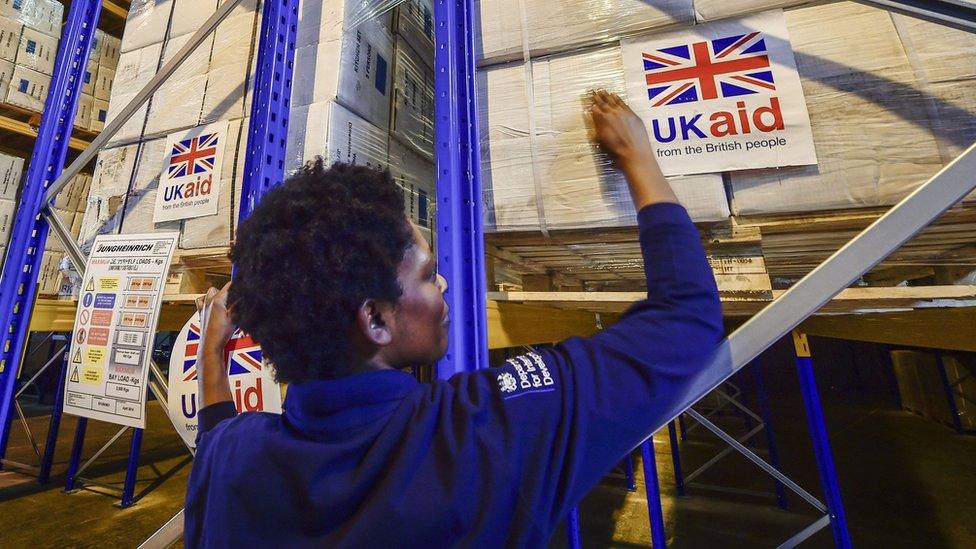
On Monday UK MP's will vote on whether or not to amend a Bill which affects foreign aid - the amount of money that the UK sends to help poorer countries.
Last year the Chancellor of the Exchequer, Rishi Sunak, announced that the government was cutting the amount of money it sends to poorer countries from 0.7% to 0.5%,of the amount the whole country earns in a year.
This meant that the UK sent less aid to help poorer countries.
Prime Minister Boris Johnson said the change was only temporary, but many MPs were frustrated that this decision was made without allowing them to vote on it first.
An amendment to the Advanced Research and Invention Agency bill will be voted on by MPs on Monday, which will demand that the foreign aid budget be changed back to 0.7%.
What is Foreign Aid?
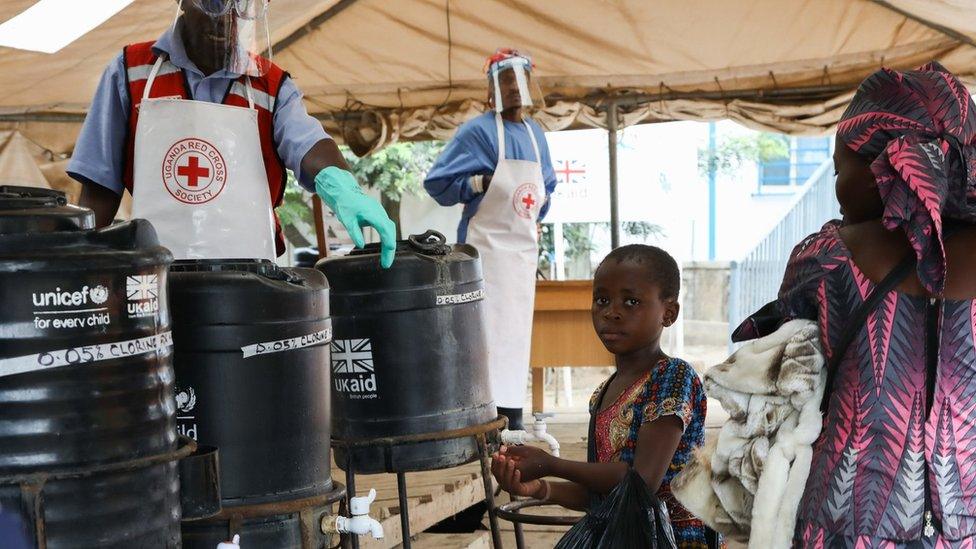
UK aid is distributed with the aim of protecting public health and getting rid of global poverty
Foreign aid is when richer countries give things to poorer countries in order to help them.
It can involve sending things like food, medicine, military equipment, and people to help give training and medical help.
Aid could also be advice on farming methods, help with clean water and building places like schools.
An example of aid is when the United Kingdom gave £230 million to countries in West Africa to help stop the spread of Ebola.
There are different types of aid provided by countries, such as emergency aid which is provided in the short-term after sudden disasters like earthquakes or tsunamis.
Long term aid is focused more on providing local communities with education and skills in poorer countries.
What changes has the UK government made to Foreign Aid?
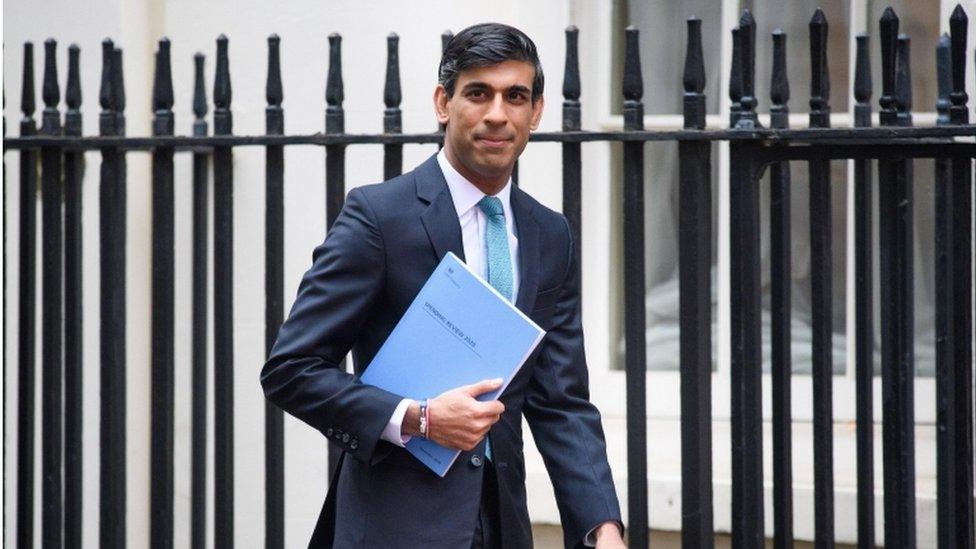
Chancellor of the Exchequer Rishi Sunak delivered the news during the annual spending review last year.
Last year in November the government cut funding for the foreign aid budget from 0.7% to 0.5% of the amount the whole country earns in a year.
That might not sound like a lot of money, but that means that around £4 billion was cut.
These changes to the foreign aid budget were made without allowing other MP's to vote on it first.
Rishi Sunak - who is in charge of how the UK's money is spent - said that because of the coronavirus pandemic, he wanted to save money where he could, and this meant cutting the foreign aid budget.
He said he would change it back to 0.7% when the UK's finances improve - though no official date on when this would happen has been set so far.
Home Office Minister Victoria Atkins said the cut was a "small temporary reduction," and the UK still remained "one of the largest donors of aid in the world".
"In 2019, no one could have foreseen the extent of the pandemic and the measures we were going to have to take as a country in order to deal with this; it has had a huge impact on our economy," she said.
"So we've had to make some very, very difficult decisions," she added.
What have critics said?
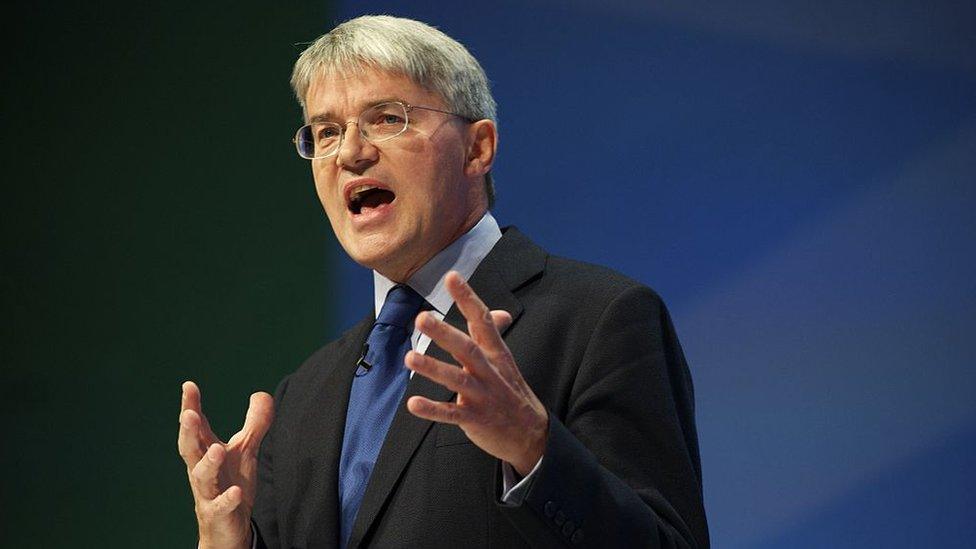
Former International Development Secretary Andrew Mitchell is leading a 'rebellion' against the decision
Some MPs were not happy that the government made this decision without having a vote, and have said it was unlawful.
The cut to foreign aid has meant that millions of pounds less is being spent on supporting hundreds of projects.
Charities have warned that many people in poorer countries could become ill or die as a result of the government's decision.
However, a group of around 30 conservative MPs have now been teaming up to 'rebel' against this decision and vote to reverse it.
The group is being led by former International Development Secretary Andrew Mitchell, who said more Conservative MPs were coming forward to support the amendment to "stand by" the party's promise to spend 0.7% of national income on aid.
Other members of this 'rebel' group include, former Prime Minister Theresa May, her former deputy PM Damian Green, former Welsh secretary Stephen Crabb and former defence minister Johnny Mercer.
What's happening on Monday?
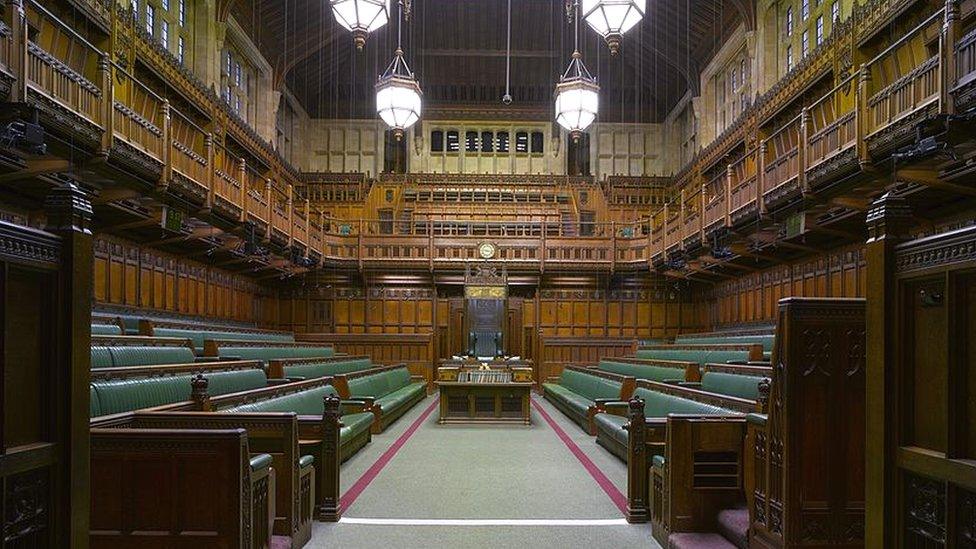
MPs will debate with each other in the House of Commons
The MPs are hoping to use an amendment to a new law - the Advanced Research and Invention Agency bill, which sets up the UK's new "high risk" science agency - to try to reverse the government's cut to foreign aid.
This amendment is up for debate in the House of Commons on Monday.
Speaker Sir Lindsay Hoyle will then decide whether the amendment is selected for consideration.
The vote is happening in the same week that the UK is hosting the G7 summit in Cornwall.
The Group of Seven - or G7 for short - is an organisation made up of the world's seven richest nations, who meet up each year to discuss important world issues.
One of the key themes this year will be help for poorer countries seeking to recover from the pandemic.
